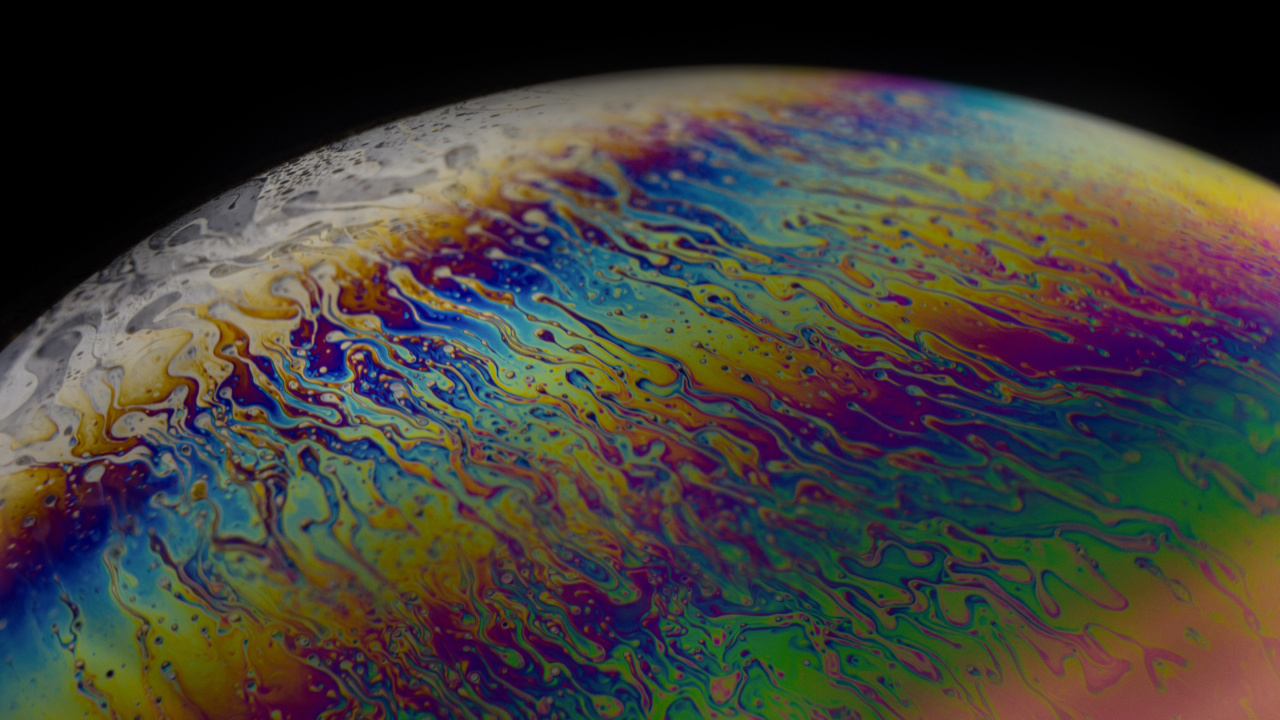Dark spots can be a source of frustration and even embarrassment for many individuals. Whether they are caused by acne scars, sun damage, or hormonal changes, these pesky marks can make us feel self-conscious and less confident in our own skin.
Fortunately, there are various remedies and treatments available to help fade and eliminate dark spots, and one particularly potent solution is the use of certain oils. In this article, we will delve into the world of oils and explore how they can effectively combat dark spots, leaving you with a radiant and even complexion.
What causes dark spots?
Before we delve into the magical properties of oils in lightening dark spots, it’s important to understand what causes these spots to appear in the first place.
Dark spots, also known as hyperpigmentation, occur when there is an overproduction of melanin in certain areas of the skin. The most common causes of dark spots include:.
Sun exposure
Exposure to the sun’s harmful UV rays is one of the leading causes of dark spots. When our skin is exposed to excessive sunlight without proper protection, it triggers an increase in melanin production, resulting in dark patches on the skin.
Acne scars
Acne is a common skin condition that affects millions of individuals worldwide. When acne lesions heal, they can leave behind dark spots or hyperpigmentation known as post-inflammatory pigmentation.
These marks can be stubborn and take weeks or even months to fade on their own.
Hormonal changes
Fluctuations in hormone levels, particularly during pregnancy or due to the use of hormonal contraceptives, can lead to the development of dark spots.
This type of hyperpigmentation is often referred to as melasma or chloasma and usually appears on the face.
The power of oils in fading dark spots
Now that we understand the causes of dark spots, let’s explore the incredible power of oils in fading these stubborn marks:.
Rosehip oil
Rosehip oil is extracted from the seeds of the wild rose bush and is known for its powerful skin brightening properties. This oil is rich in essential fatty acids, antioxidants, and vitamins that help restore the skin’s natural tone and texture.
Regular application of rosehip oil can significantly reduce the appearance of dark spots and even out the complexion.
Lemon essential oil
Lemon essential oil is a natural bleaching agent that effectively lightens dark spots and blemishes. It contains citric acid, which gently exfoliates the skin and promotes cell turnover.
Be cautious when using lemon essential oil as it can cause sensitivity to sunlight, so it’s best applied at night and followed by sunscreen during the day.
Tea tree oil
Tea tree oil is renowned for its antibacterial and anti-inflammatory properties, making it an excellent choice for treating acne-related dark spots. This oil helps reduce redness and inflammation while preventing future breakouts.
It also helps fade acne scars and hyperpigmentation, leaving behind a clearer and more even complexion.
Sandalwood oil
Sandalwood oil has been used for centuries in Ayurvedic medicine for its skin brightening properties. This oil has a soothing effect on the skin, reducing inflammation and fading dark spots.
Its natural astringent properties help tighten pores, resulting in smoother and more even-toned skin.
Carrot seed oil
Carrot seed oil is rich in antioxidants and vitamin C, which are both essential for repairing damaged skin cells and promoting a more even skin tone. Regular application of this oil can help fade dark spots and provide a youthful glow to the skin.
It’s also known for its rejuvenating properties and ability to minimize the appearance of fine lines and wrinkles.
Lavender oil
Lavender oil is not only known for its soothing and calming scent but also for its skin regenerating properties. This oil promotes cell turnover and helps fade dark spots and scars.
Additionally, its antibacterial properties help keep the skin clear and prevent future breakouts that can lead to further hyperpigmentation.
How to use oils for dark spots
While each oil mentioned above has specific properties that target dark spots, they are most effective when used in combination with a carrier oil. Carrier oils dilute the essential oil and help deliver it to the skin without causing irritation.
Some popular carrier oils include:.
Coconut oil
Coconut oil is a widely used carrier oil due to its moisturizing and nourishing properties. It helps hydrate the skin while allowing the essential oils to penetrate deeply and work their magic in fading dark spots.
Jojoba oil
Jojoba oil closely resembles the skin’s natural sebum and is ideal for all skin types. It absorbs quickly, leaving a non-greasy finish, and enhances the effectiveness of essential oils in treating dark spots.
Argan oil
Argan oil is rich in vitamin E and fatty acids, making it an excellent choice for promoting a more even skin tone. It’s easily absorbed by the skin and helps reduce the appearance of hyperpigmentation and dark spots.
Application method
To apply the oil blend, start by cleansing your face and patting it dry. Combine 2-3 drops of the essential oil with a tablespoon of your chosen carrier oil and mix well. Gently massage the mixture onto the affected areas, focusing on the dark spots.
Leave it on for 20-30 minutes, allowing the oils to absorb into the skin. Rinse off with lukewarm water and follow up with your regular skincare routine. For best results, repeat this process daily.
Additional tips to fade dark spots
In addition to using oils, here are some additional tips to help fade dark spots and achieve a more even skin tone:.
Wear sunscreen daily
Regardless of the weather or the time of year, it’s crucial to wear sunscreen with at least SPF 30 every day. Sun protection is essential in preventing further darkening of existing spots and the development of new ones.
Exfoliate regularly
Regular exfoliation helps remove dead skin cells and promotes cell turnover, revealing fresh and brighter skin. However, be gentle when exfoliating to avoid irritating or damaging the skin.
Opt for chemical exfoliants like AHAs or BHAs instead of harsh physical scrubs.
Use skin brightening serums
Investing in a good quality skin brightening serum can immensely help fade dark spots.
Look for serums that contain ingredients like vitamin C, niacinamide, and kojic acid, as they have been proven to lighten hyperpigmentation and promote a more even skin tone.
Protect your skin from pollution
Pollution can worsen dark spots and contribute to overall skin damage. Protect your skin by minimizing exposure to polluted areas and consider using a physical barrier like a scarf or face mask for added protection.
Stay hydrated and eat a balanced diet
Drinking an adequate amount of water and consuming a balanced diet rich in fruits, vegetables, and antioxidants can help improve overall skin health.
Hydrated and nourished skin is less prone to hyperpigmentation and can recover more quickly from any damage.
Conclusion
Dark spots may seem like a stubborn challenge to overcome, but with the right approach, they can be effectively faded and minimized.
Oils, such as rosehip oil, lemon essential oil, tea tree oil, sandalwood oil, carrot seed oil, and lavender oil, offer incredible benefits in lightening dark spots and promoting a more even complexion.
By incorporating these oils into your skincare routine and following additional tips like wearing sunscreen daily, exfoliating regularly, and using skin brightening serums, you’ll be well on your way to saying goodbye to those pesky dark spots and hello to a radiant, spot-free complexion.































